- Who is a Non-Resident Indian?
- Section 195 of the Income Tax Act
- Who Needs to Deduct Tax Under Section 195?
- Is There Any Threshold Limit To Deduct TDS Under Section 195?
- What is the TDS Rate Under Section 195?
- What Is the Way to Deduct TDS Under Section 195?
- Stating the Information on Foreign Payments
- Certificates Of TDS Returns
- Are There Any Consequences of Not Paying the TDS Under Section 195?
- To Conclude
The government introduced the TDS (Tax Deducted at Source) as a tax collection process, where the taxpayer is required to deduct a certain tax from the amount they pay to another person or entity. Section 195 of the Income Tax Act stands as a guide that outlines the provisions for an individual making payments other than salary to either an NRI or a foreign company. It specifies the procedures for TDS that apply to NRIs and helps deduct taxes at the mentioned rates.
This section is vital for any individual who pays specified amounts, such as interest, royalties, and fees for technical services. Similar to an Indian resident, an NRI also has to file their tax returns for the income that is derived in India. Likewise, they can also claim the withheld tax or TDS when filing the tax returns. To get more information on this topic, keep reading our blog and understand what Section 195 of the Income Tax Act is, and other related information. Before discussing Section 195, let's learn about what an NRI is.
Who is a Non-Resident Indian?
According to Section 6 of the Income Tax Act, an NRI is a person who is not a resident of India. However, there are some differences between the definition used by FEMA and the Income Tax Act for an NRI:
An NRI as Per the FEMA (Foreign Exchange Management Act)
The FEMA Act focuses mainly on the physical presence of an individual in India. According to this Act, an NRI is an individual who resides outside India and is either a citizen of India or a Person of Indian Origin (PIO). This Act employs a time-based rule, considering individuals who spent 182 days or fewer in India during the preceding financial year. However, this rule has some exceptions:
Exception
- The 182-day rule will not be applicable if the intention behind your visit shows that you wish to stay in India for an unspecified time duration. For example, if you wish to seek employment, start a business, or for any other reason that might suggest a long-term stay.
An NRI, According to the Income Tax Act
- An Indian resident or person of Indian origin will be considered an NRI if he/she resided for less than 182 days in India during the previous fiscal year.
- Even if they spent more than 182 days, they would be considered NRI if they stayed in India for less than 60 days in the preceding year and stayed for a total of fewer than 365 days in the past four financial years.
Exception
For Point 2, there are exceptions. If an Indian citizen or a person of Indian origin whose total income, apart from the income from foreign sources, is:
- More than Rs. 15 lakhs during the Relevant Fiscal Year: The 60 days mentioned in point 2 will get swapped with 120 days.
- The Indian Resident Going Abroad for Employment - An Indian citizen who leaves India during any year to work as a crew member or for any other employment opportunity abroad, the period of 60 days mentioned in point 2 will be substituted with 182 days.
Therefore, a citizen of India or a PIO who is earning a total income of more than Rs. 15 lakhs will be considered a resident in India if they are liable to pay taxes in any other country. Any individual who does not fulfill any of the conditions mentioned above will be treated as an NRI or a Non-Resident Indian.
Section 195 of the Income Tax Act
Section 195 of the Income Tax Act authorizes the deduction of TDS (Tax Deducted at Source) on payments that have been made to an NRI for income that is subject to taxes in India. It includes various types of payments, such as royalties, interest, fees for technical services, and capital gains. The main aim behind this is to ensure that the NRI pays the tax to the government at the point of payment instead of waiting till filing income tax returns.
The TDS is deducted either at the time of creating the payment to an NRI account or when the actual payment is made. This not only helps the government of India maintain a consistent revenue flow but also makes it easier for the tax authorities to keep an eye on cross-border transactions.
The payer, whether an individual, a company, or any other legal entity, is required to deduct the TDS and submit it to the government. Additionally, the NRI recipient is eligible to claim a credit for the TDS that has been deducted when filing the returns.
Who Needs to Deduct Tax Under Section 195?
An individual who makes any payment to an NRI ( apart from salary or interest, as defined in sections 194LB, 194LC, and 194LD) that is subject to taxation in India must deduct tax under this section. This rule applies to any person or entity making a payment to an NRI, including Hindu Undivided Families (HUFs), partnership firms, companies, or other non-residents.
The primary requirement is that the payment must be made to a non-resident and relate to income that is subject to taxation under Indian law. It is the payer's responsibility to ensure that the correct amount of TDS is deducted, regardless of whether they have a taxable income in India or not.
Is There Any Threshold Limit To Deduct TDS Under Section 195?
According to Section 195 of the Income Tax Act, there is no specific threshold limit for deducting TDS. However, the payer should deduct tax only when the payment is made to an NRI, and the payment is subject to taxation in India. In short, the tax must not be deducted for income that is exempt or income that doesn't fall under the scope of taxation as per the Income Tax Act unless clearly notified by the government.
What is the TDS Rate Under Section 195?
Under Section 195, the tax deduction rate must be any one of the following, depending on whichever is beneficial to the payee:
- Rates specified in the DTAA (Double Taxation Avoidance Agreement) between India and the resident country of such NRI.
- Rates as defined in the Finance Act of the given year.
Note: Surcharge and education cess of 4% are required to be added to the rates provided under the Finance Act. However, there is no need to add surcharge or education cess to the rates given under the DTAA.
The following are the TDS rates given under the Finance Act 2025:
| Type of Income | Applicable TDS Rates Under Section 195 |
|---|---|
| Income arising in respect of an investment made by an NRI, such as interest/dividends. | 20% |
|
Income from long-term capital gains derived from the transfer of the below-mentioned assets, according to Section 115E, in the case of an NRI:
|
12.5% |
| Income accrued from long-term capital gains from listed shares and securities specified under section 112A. |
|
| Any other long-term capital gain income | 12.5% |
| Short-term capital gains under Section 111A from FII or any other specified fund on securities, apart from units of UTI/MF. | 20% |
| Interest Payable by the government or an Indian concern on an amount borrowed in foreign currency. | 20% |
| Royalty and fees for technical services payable to the government or an Indian entity | 20% |
|
Income arising from winnings from:
|
30% |
| Any other sort of income | 30% |
Moreover, if the payee fails to provide a valid PAN card, the TDS should be based on the higher of the following rates, according to Section 206AA.
What Is the Way to Deduct TDS Under Section 195?
Here is how you can deduct the TDS (Tax Deducted At Source) under Section 195:
- Acquire a TAN: Under Section 203A of the Income Tax Act, before deducting the TDS, the individual making the payment to an NRI must obtain a TAN (Tax Deduction Account Number). Additionally, the deductor must also have both the NRIs and their own PAN number.
- Dedication of TDS: Dedicate the TDS at the time of making payment to an NRI
- Submit the TDS: Deposit the deducted TDS to an authorized bank using challan 281 on or before the 7th of the following month in which the TDS is deducted.
- File Quarterly TDS Returns: Upon depositing the TDS, the buyer needs to electronically file a TDS return by filling out Form 27Q within the following due dates:
| Quarter | Due Date for Filing TDS Return |
|---|---|
| Quarter 1: April to June | 30th July |
| Quarter 2: July to Sept | 31st Oct |
| Quarter 3: Oct to Dec | 31st Jan |
| Quarter 4: Jan to Mar | 31st May |
- Issue a TDS Certificate: After filing the returns, the deductor needs to issue a TDS Certificate, also known as a Certificate of deduction of tax, which is Form 16A, to the Non-Resident to use as proof of TDS deduction. The certificate must be issued within 15 days from the due date of the TDS return for the quarter.
Nil or Lower TDS Deduction Certificate by the NRI
If the recipient NRI believes that no amount or only a partial amount is taxable in India (excluding salary). Or, if he believes that the TDS deduction must be done at a lower rate, then he may:
- Apply for a nil or lower TDS deduction certificate through Form 15E whenever required.
- Provide complete information to the Assessing Office using Form 15CA and Form 15CB.
- The AO will verify and issue a lower withholding certificate under Section 197, which will serve as proof and enable the payer to deduct the TDS at a lower rate.
- Ensure compliance with the rules for TDS return and issuance certificates to avoid penalties under Section 271-I.
Stating the Information on Foreign Payments
The individual who will pay any amount to an NRI or a foreign company has to provide complete and accurate information related to the payment they will be making in Form 15CA and Form 15CB through the Income Tax e-filing portal. It is a mandatory requirement because the bank will ask the same before transferring such an amount abroad. If you do not follow this rule, you will end up facing penalties of Rs. 1 lakh under section 271-I. Remember that you need to provide such information even if the amount paid is not subject to taxation under the Act.
Certificates Of TDS Returns
Considering the provisions of Section 195, an individual making any payment to an NRI must obtain a TAN and deduct taxes at the applicable rates. The payer must use the payee's PAN number to deposit the deducted tax to the government within the specified due date. Additionally, the payer must submit the TDS returns using Form 27Q by the quarterly due date and obtain a TDS certificate in Form 16A for the non-resident.
Are There Any Consequences of Not Paying the TDS Under Section 195?
If an individual fails to comply with Section 195, he/she might have to face the following consequences:
- In case of under-dedication of tax, a penalty equal to the difference between the amount that should have been deducted and the amount that was actually deducted will be charged.
- If the payer deducts TDS but fails to deposit it by the due date, then they will attract an interest charge of 1.5% from the date of deduction until the date of payment.
- When TDS is deducted but not paid, a penalty equal to the deducted TDS amount will be imposed.
- If you don't deduct or submit the tax on time, the expenses will be rejected for business purposes and will be allowed only in the year the payment is made.
To Conclude
Understanding Section 195 of the Income Tax Act is crucial for ensuring that an NRI fulfills their tax obligations in India. Residents need to deduct tax at the source from the payment made to an NRI, such as royalties, interest, and technical service fees. The application for tax deduction or even exemption gives a way to both the payer and the payee to ensure that the right amount of tax is deducted based on the details of the transaction. Section 195 will continue to be important in managing cross-border tax compliance effectively, as India's engagement in international trade and business increases.
If you still struggle with TDS deductions under Section 195 of the Income Tax Act, don't worry, Savetaxs has come to your rescue. Get answers to all your tax-related queries within just a few minutes. We have a team of experts with more than a decade of experience. Contact us today and avoid the risk of attracting penalties.
Note: This guide is for information purposes only. The views expressed in this guide are personal and do not constitute the views of Savetaxs. Savetaxs or the author will not be responsible for any direct or indirect loss incurred by the reader for making any decision based on the information or the context. It is advisable to consult with either a Chartered Accountant (CA) or a professional Company Secretary (CS) from the Savetaxs team, as they are familiar with the current regulations and help you make accurate decisions and maintain accuracy throughout the whole process.

Mr Manish is a financial professional with over 10 years of experience in strategic financial planning, performance analysis, and compliance across different sectors, including Agriculture, Pharma, Manufacturing, & Oil and Gas. Mr Prajapati has a knack for managing financial accounts, driving business growth by optimizing cost efficiency and regulatory compliance. Additionally, he has expertise in developing financial models, preparing detailed cash flow statements, and closing the balance sheets.
- Double Tax Avoidance Agreement (DTAA) Between India and Netherlands
- NRI Tax Planning Tips For 2026-27 - CA Certified Insights
- Income Tax Act 1961: Chapters, Objectives, Features, Provisions
- A Complete Guide On RNOR - Taxability Of Income & Key Rules
- Tax Rules for Selling Property in India as an NRI & US Tax Resident
Want to read more? Explore Blogs
Frequently Asked Questions
No matter what your source of income is, we've got you covered. There’s a plan for everybody!
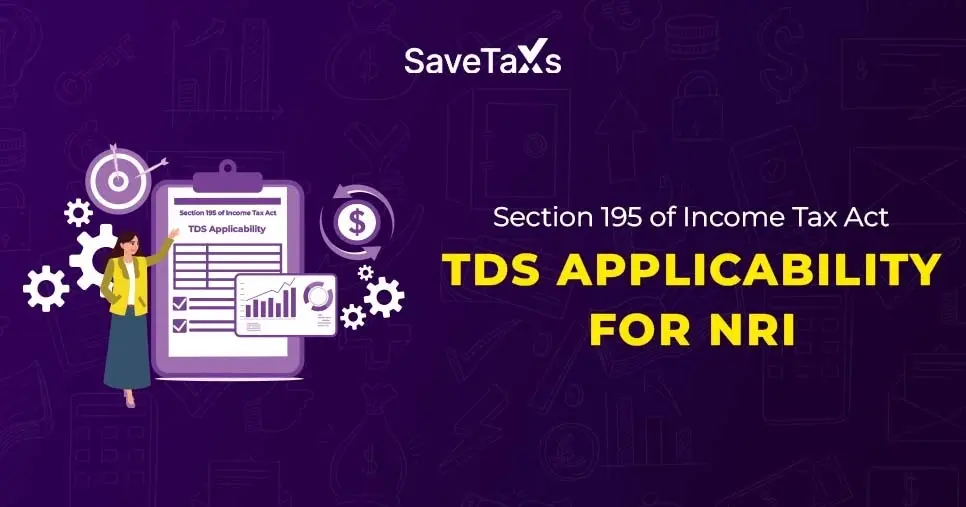
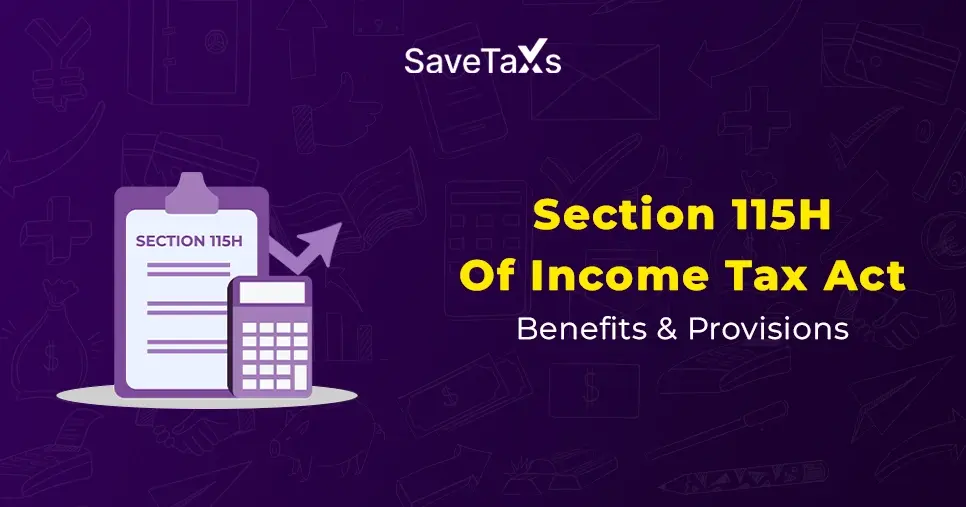
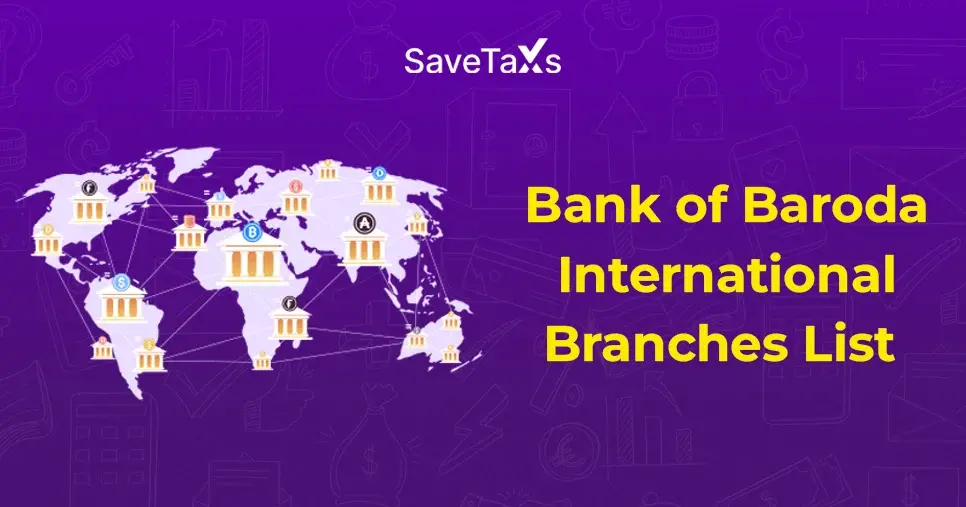
_1766730933.webp)
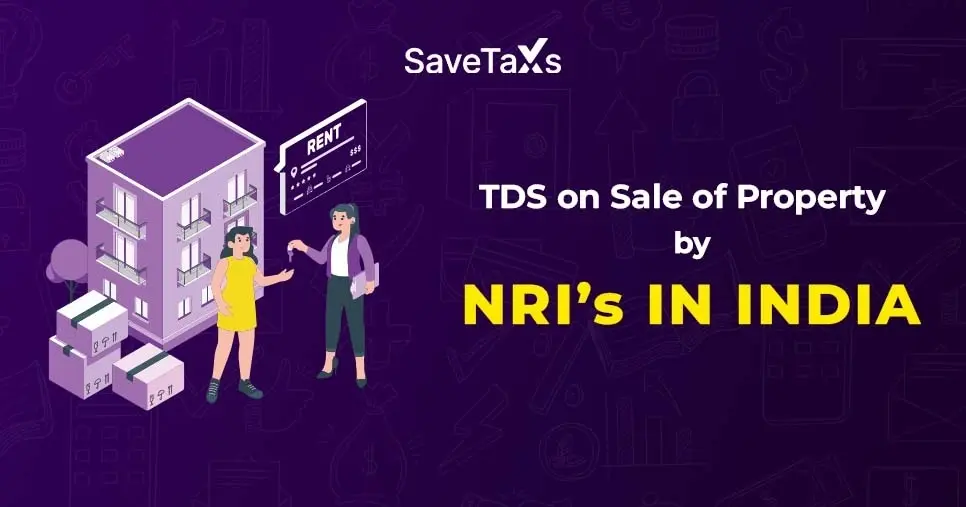
_1766396437.webp)
_1767604193.webp)
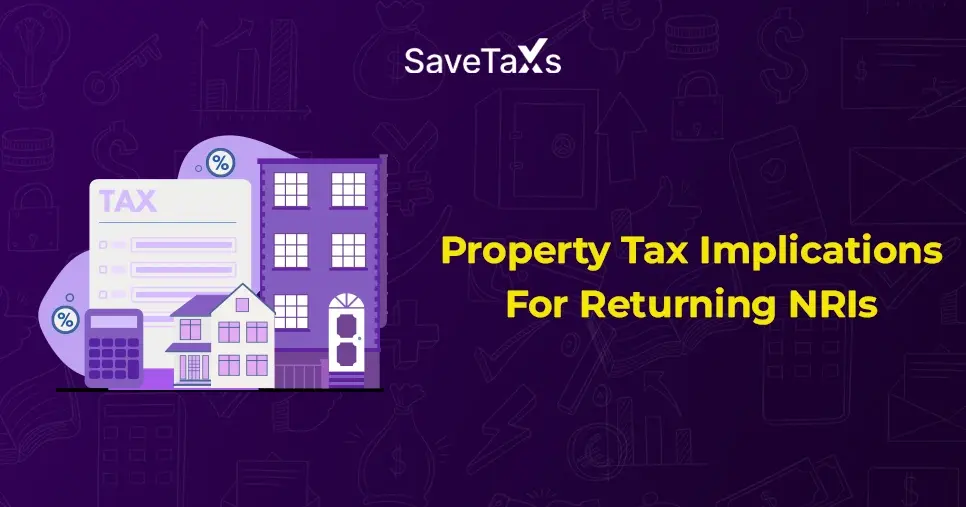
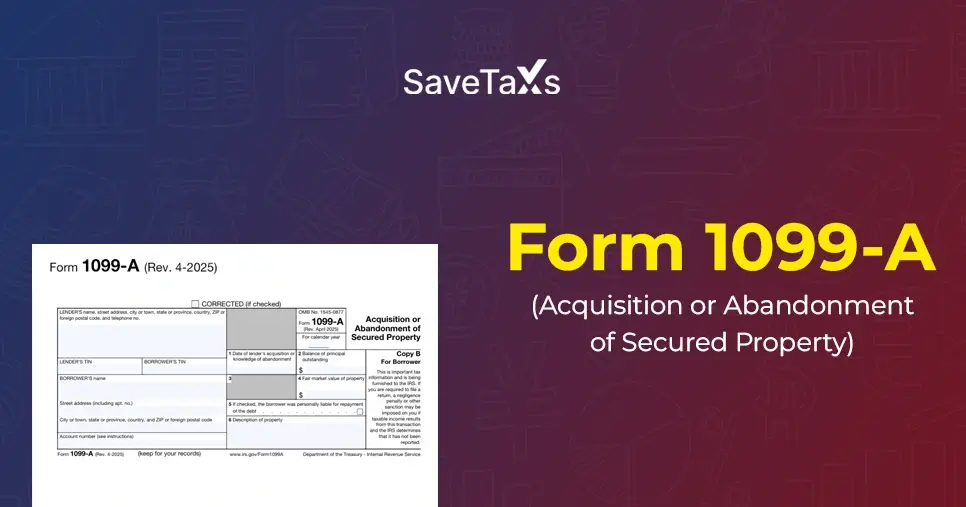
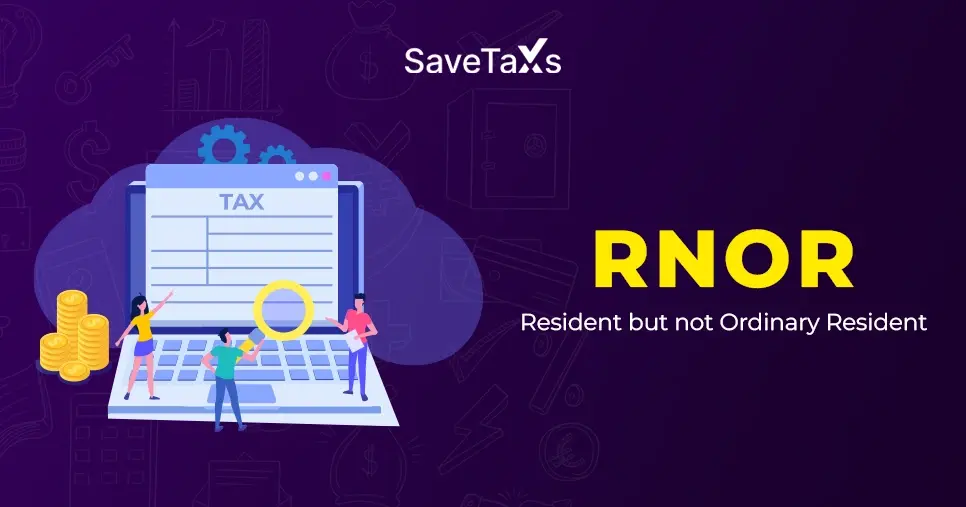
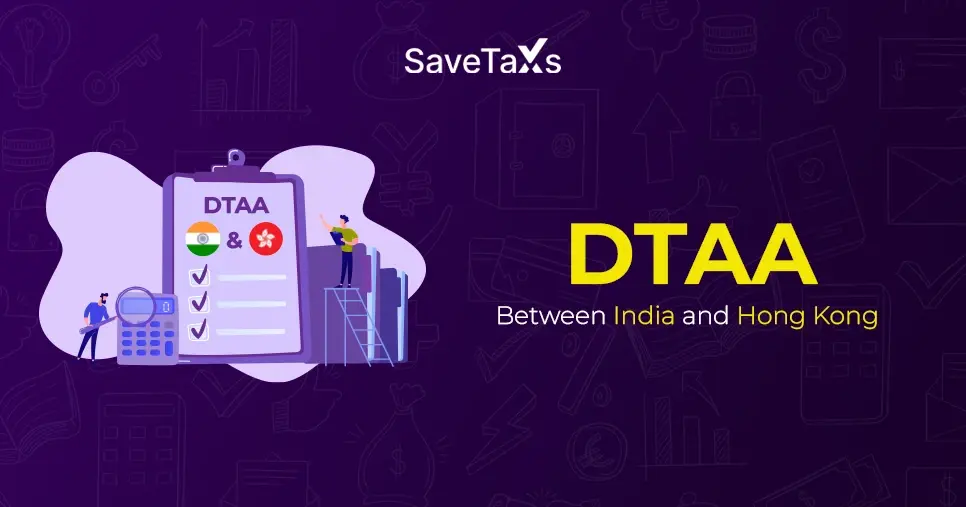
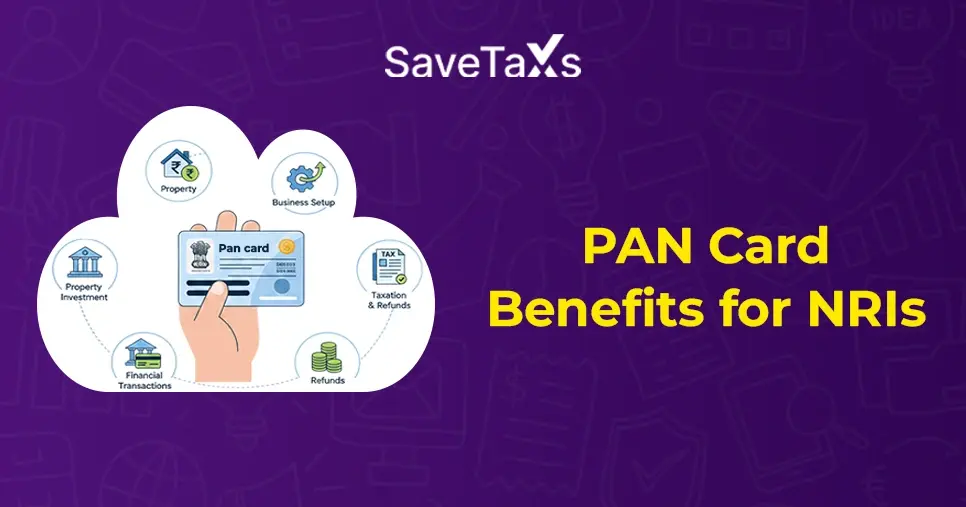

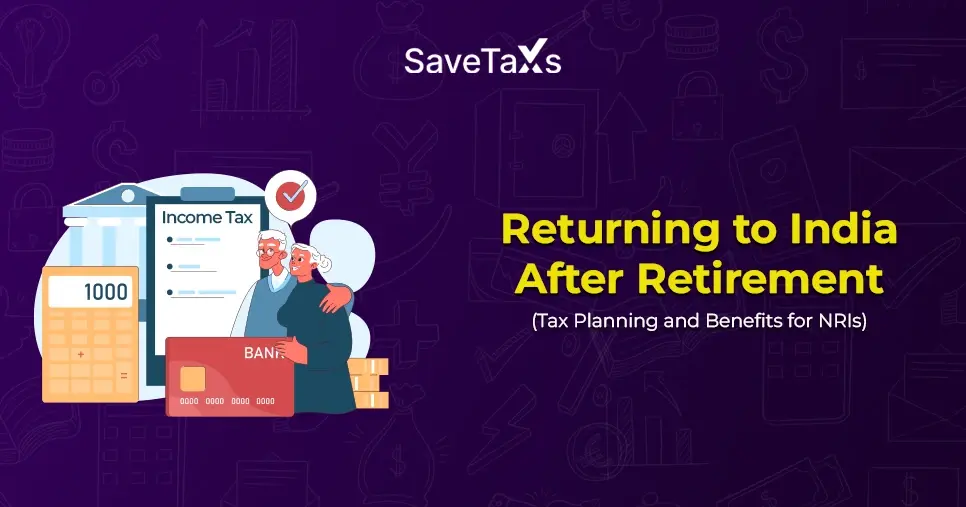
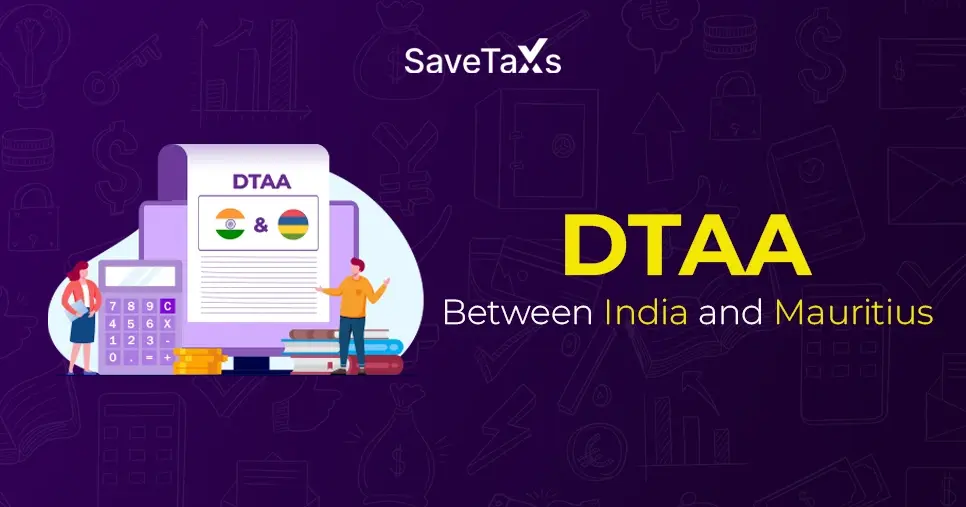
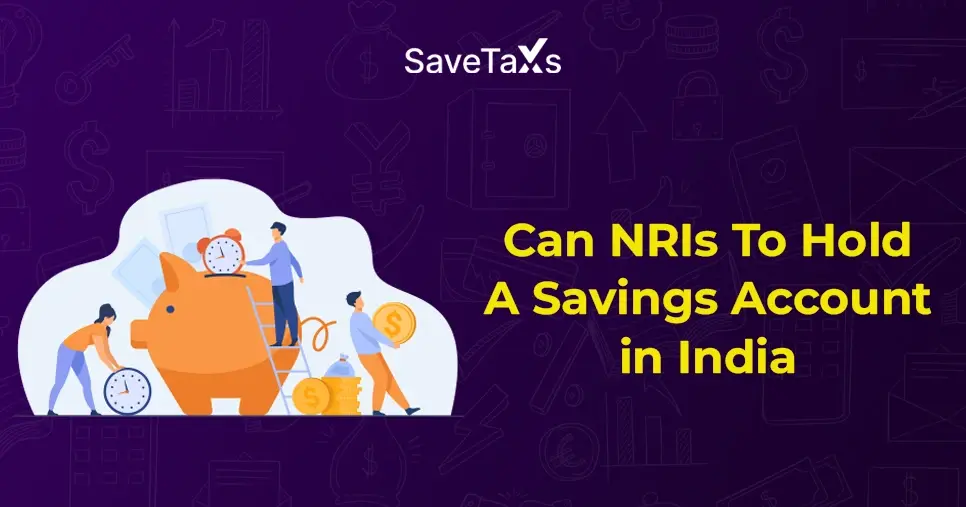
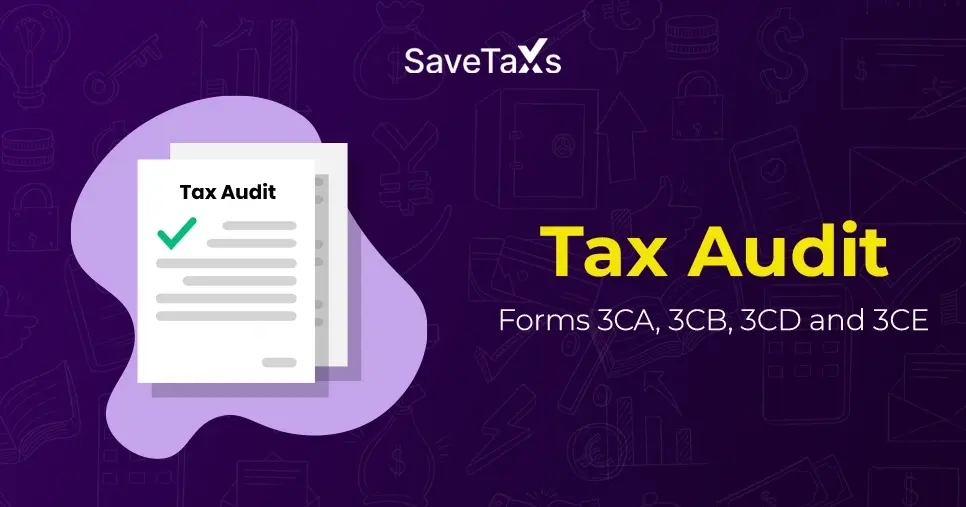
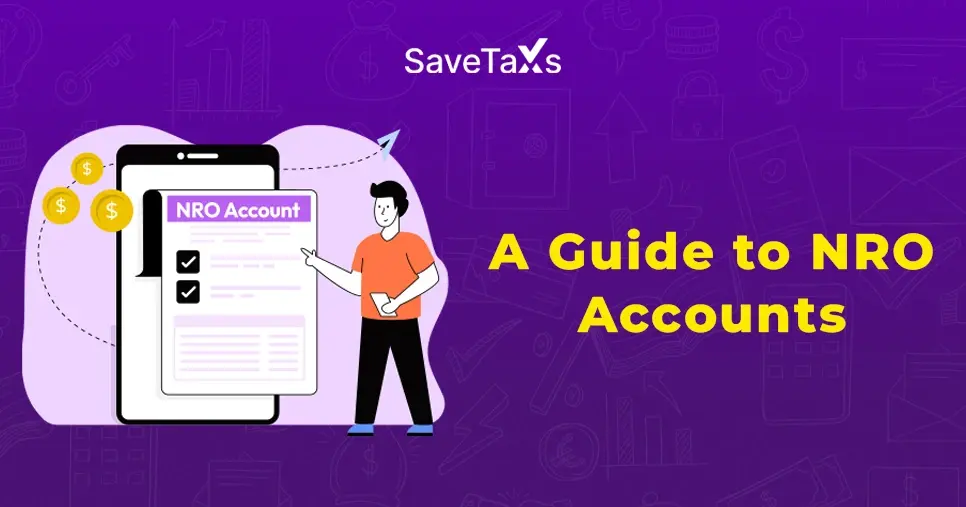
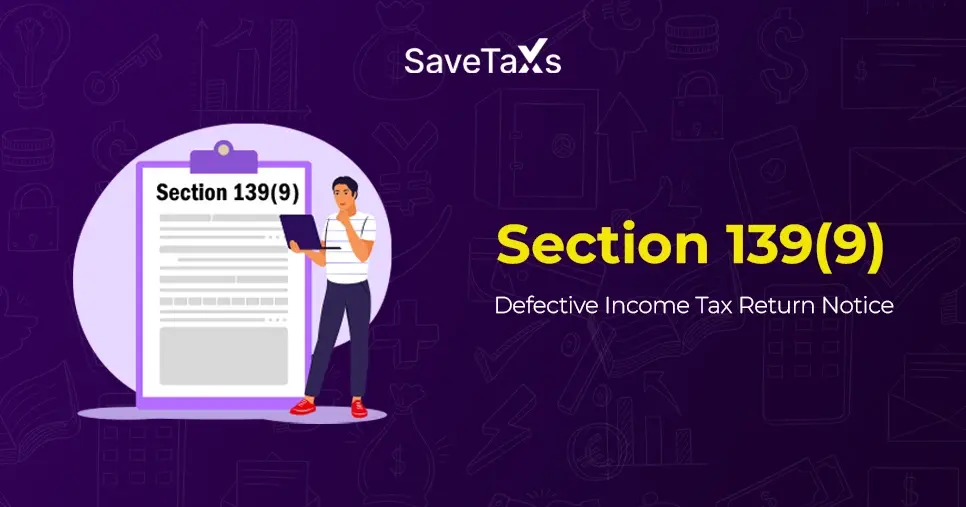
-DEDUCTION-ON-HOSUING-LOAN_1756903528.webp)
_1756816946.webp)